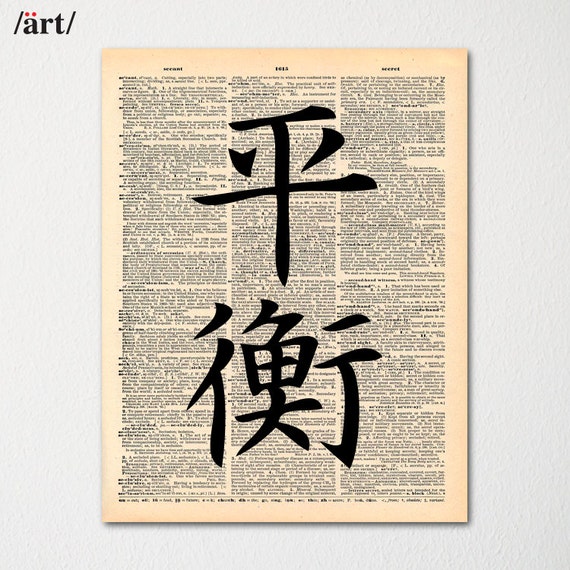

It might not sound very romantic at first glance. Will you make my miso soup every morning? In fact, one traditional phrase used to propose in Japanese is: You can show your love a thousand times each day in the small actions you perform to take care of your lover.

In Japan, actions truly speak louder than words. Some people even think that expressions of love become less meaningful if you say them too often. It’s not that Japanese couples love each other less than Western couples… they just don’t feel the need to say it out loud so much! In a marriage or family, your commitment to each other should go without saying. This kind of thing would be very rare in Japan. Some English speakers end every phone call to their partner with ‘I love you’. Actions speak louder than words (don’t say I love you!)Īs we already mentioned, Japanese people don’t actually say ‘I love you’ as much as some other cultures. So daisuki yo is more feminine, while daisuki da yo is a more masculine way to say I love you in Japanese. It’s a way to really emphasis your feelings for the other person.Īgain, you can add different endings for nuance and emphasis. So daisuki literally means ‘big like’… cute, right?ĭaisuki can be translated as ‘I love you very much’ or ‘I really like you’. And 好き ( suki) means like, as we already saw above.

Think of it this way: love is a nuanced thing. You may have learned that suki (好き / すき) means ‘like’.Īnd you would be right! Suki can be translated as like, but it can also mean love. For example, when they propose, and when they are dying! You definitely wouldn’t say ai shiteru to somebody you are dating casually.

Some people might only say ai shiteru a few times in a lifetime. You can 'suki' baseball or ice creams, but you can only 'ai' someone.Even then, married couples don’t say this to each other regularly. 愛 / 'ai' and its derivatives are more meaningful than 好き / 'suki'. Its use is the same than 好きです / “suki desu”, except you have to replace が / 'ga' with を / 'wo' (pronounce 'o'), giving us 私はあなたを愛しています。/ Watashi ha anata wo aishiteimasu. You can create a verb from it : 愛しています / 'aishiteimasu' in the polite form, 愛してる / 'aishiteru' in the neutral form. More precisely, the Japanese character (kanji) for love is the same than in Chinese : 愛 pronounced 'ai' (at least sometimes). The whole first part (私はあなたが / 'watashi ha anata ga') is quite formal and not required, that's why you can hear a mere 大好きだ / 'daisuki da'… You can add 大 / 'dai' before 'suki' to really mean it, which gives us 大好きです / 'daisuki desu'.


 0 kommentar(er)
0 kommentar(er)
